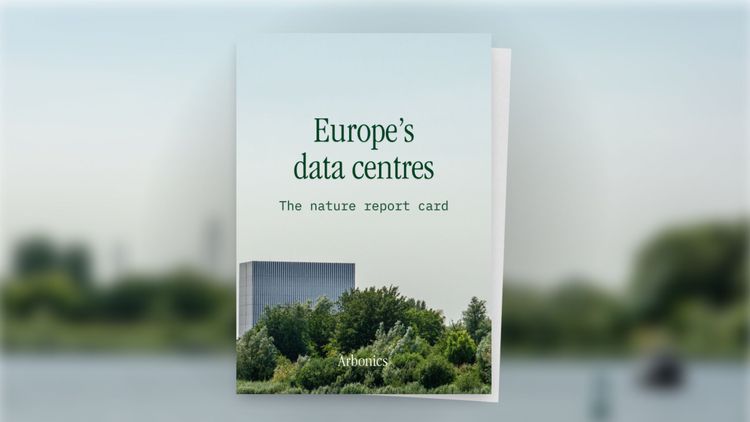The evolution of green finance and why Arbonics is partnering with Swedbank
Having spent the majority of my professional life within the financial sector, I have witnessed significant changes in European banking over the past 20 years. Banking before the financial crisis of 2008 was entirely different to what it is now – regulations have tightened, and restrictions have been placed on activities to prevent the risk of banks collapsing again.
However, we are once again on the cusp of a new shift in banking. This time, the catalyst is the European Green Deal. While it may seem distant and bureaucratic, it will start to affect all our lives.
Let me elaborate. I believe you've heard of the acronym ESG - a framework that guides companies towards environmentally friendly behavior.
How can we define it more specifically? ESG stands for Environmental, Social, and Corporate Governance, it means a sustainable and responsible approach to business management from environmental, social, and corporate governance perspectives.
Round and dull, right? I'm a practical person and I'd like to measure everything. How can we measure ESG? It's almost impossible to set measurable goals for this, which, in my opinion, is the biggest drawback of ESG - it's too sprawling and immeasurable.
But. Every first version of something is flawed. If I were to replace your current phone with the first iPhone, you'd throw it away immediately as it's unusable today. ESG is similar, a flawed first version, but you always have to start somewhere.
A new and rapidly growing market in Europe in recent years is the voluntary carbon market (VCM). It could be somewhat dubbed as the updated version of ESG. Because the carbon footprint of every company can be very accurately measured, and based on that, the more environmentally friendly companies can be identified.
And this is now increasingly influencing Estonian banking.
Let me give you two examples. Eesti Energia took out a gigantic loan of 600 million euros in February. Interestingly, the interest rate was classified. But here Sulev Vedler writes that the loan interest was 8%. I have heard from the market that the truth was probably very close to this number. Everyone who has taken out a mortgage is currently feeling the painful increase in interest rates in their monthly payments, but nobody's mortgage approaches 8%.
Several banks have recently launched green loans and, for example, Swedbank also offers electric car leasing with a 0% margin (Euribor is added).
This might make you scratch your head. A state-owned company, one of the largest in Estonia, has to borrow at an 8% interest rate, and almost every citizen going to any bank borrows money for an electric car for half the interest rate?
The reason is the European Green Deal, which has become much more concrete over the past year, and banks have started to apply a fairly specific taxonomy - how to measure whether a company or project is beneficial or harmful to the planet. If you want to read more, here is a page summarizing this topic.
Therefore, the future is clearly moving towards the reality that companies who harm the planet have to accept higher interest rates and those that benefit the planet getting better interest rates. Banks themselves are very interested in proving this, as banks with a greener portfolio can get their incoming capital cheaper.
Last year, we founded Arbonics, and since then have been helping land and forest owners earn income from carbon sequestration on their land. Today, we announce a partnership with Swedbank to launch a financing product in June that will help landowners finance forest planting. Arbonics does the complex carbon proofing, and Swedbank is ready to offer a loan to the landowner on more favorable terms based on this proof. Over 50% of Estonia's area is forest, here is a very concrete example of how understanding and wisely implementing new European directions can benefit Estonia. Today, more than half of Estonia's land is forested. This partnership between Arbonics and Swedbank is a real-life example of how, with an insightful understanding of new European directives, we can leverage these changes to Estonia's advantage. Through intelligent application of green finance principles, we can encourage more sustainable land use, which in turn contributes to the wellbeing of our planet while also stimulating our economy.


